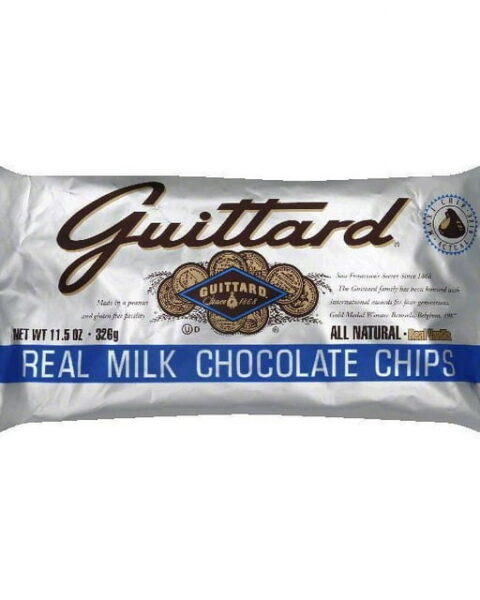We all know that sticking to a budget can be tough, but some expenses can sneak up on you without you even realizing it. These little costs might seem minor on their own, but they can add up over time and quietly eat away at your hard-earned money. Regularly reviewing your expenses, opting for more cost-effective alternatives, and being mindful of your spending habits can make a significant difference Small changes can lead to substantial savings over time, helping you achieve your financial goals more efficiently.
Contents
- 1 ATM Fees
- 2 Continuing to Pay for Cable
- 3 Pre-Made Food
- 4 Brand-Name Prescription Drugs
- 5 Overlapping or Unused Streaming Services
- 6 Anything on Auto-Renew
- 7 Bank Maintenance Fees
- 8 Food Delivery Fees
- 9 Unused Gym Memberships
- 10 Unused Lighting
- 11 Overlapping Insurance Policies
- 12 Financial and Investment Subscriptions
- 13 Convenience Charges
- 14 Credit Card Finance Charges
- 15 Sales Tax
- 16 Vampire Appliances
- 17 Ticket Service Charges
- 18 Gratuity
- 19 Credit Card Transaction Fees
- 20 Impulse Purchases
- 21 Fuel Surcharges
- 22 Utilities and Lost Energy
- 23 Buying the ‘Latest and Greatest’ of Anything
- 24 Overdraft Fees
- 25 Dining Out Too Often
- 26 Restaurant Inflation Fees
- 27 Mobile Service From a Major Carrier
- 28 Resort Fees
- 29 Living the High Life with Your Friends
- 30 More From RetailShout
- 31 23 Easy Lunch Ideas Perfect for Every Day
- 32 Cardiologists Say These 16 Are The Worst Foods For Your Heart
ATM Fees
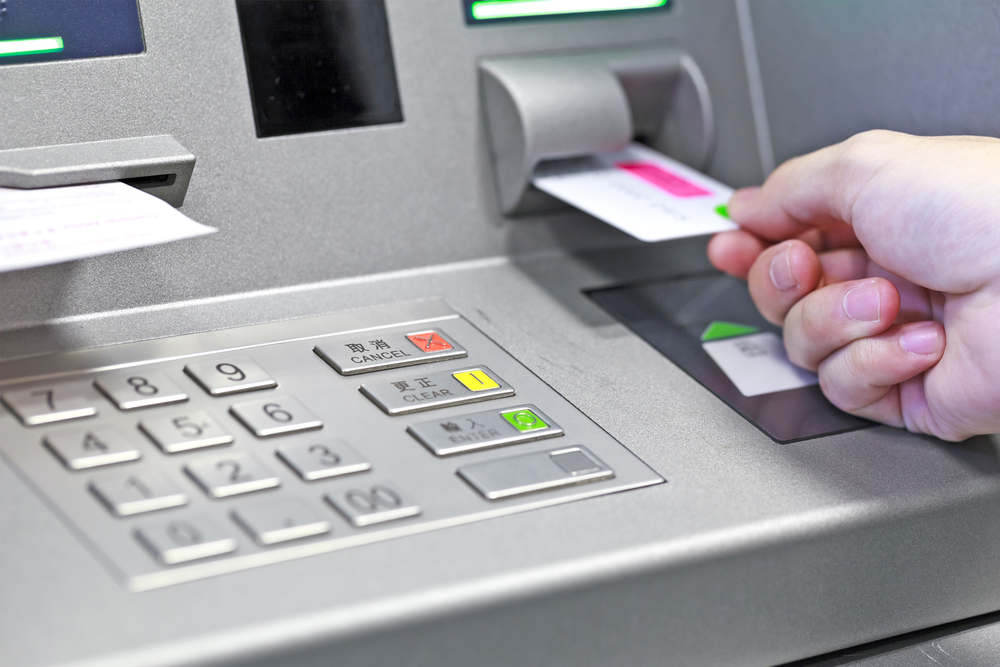
ATM fees can add up quickly without you realizing. Each time you withdraw money from an out-of-network ATM, you’re charged a fee, and these can accumulate significantly over time. They quietly eat into your budget because they are often small amounts that seem negligible at the moment. However, when calculated over a month or a year, these fees can become a substantial, unnecessary expense.
Continuing to Pay for Cable
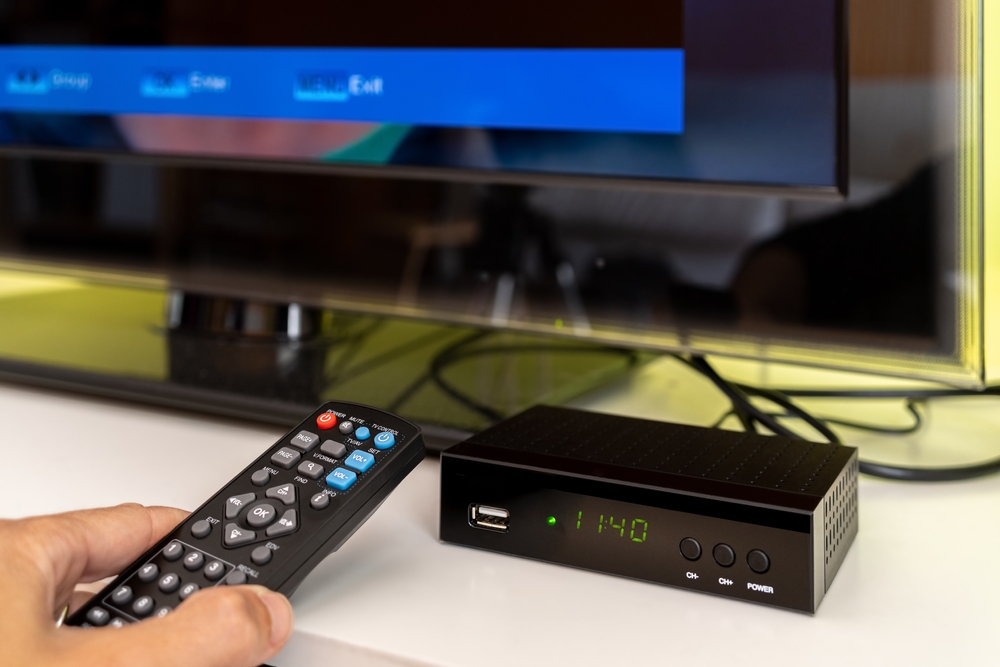
Paying for cable TV in an era of streaming services is a hidden budget drainer. Many people continue to pay for cable even though they primarily use streaming services, leading to unnecessary double expenses. Cable subscriptions can be quite expensive, and not evaluating whether you still need it can lead to wasted money. Cutting the cord can free up a significant portion of your budget.
Pre-Made Food

Buying pre-made or convenience foods often comes with a premium price. These foods save time but cost more compared to cooking from scratch. The convenience factor makes these purchases frequent and unnoticed until you review your monthly expenses. Over time, the higher cost of convenience food can significantly inflate your grocery bills.
Brand-Name Prescription Drugs

Opting for brand-name prescription drugs instead of generic versions can quietly inflate your medical expenses. Brand-name drugs are often priced much higher than their generic counterparts, which are equally effective. This choice eats into your budget unnecessarily because the price difference adds up over time. Switching to generics can result in substantial savings.
Overlapping or Unused Streaming Services

Having multiple streaming service subscriptions that you rarely use is a common budget leak. These services often have monthly fees that, while seemingly small individually, can add up quickly. If you’re not regularly using them, you’re effectively wasting money each month. Regularly reviewing and canceling unused subscriptions can save a significant amount of money.
Anything on Auto-Renew

Subscriptions and services set to auto-renew can silently drain your budget. When you forget about these automatic renewals, you end up paying for services you might no longer need or use. This can lead to unnoticed financial leaks, especially if you have several subscriptions. Regularly reviewing and managing auto-renew settings can help prevent unnecessary expenses.
Bank Maintenance Fees

Monthly bank maintenance fees can quietly diminish your savings. These fees are often charged for simply maintaining a bank account, and they can be overlooked. Over time, these seemingly small monthly fees can add up to a substantial amount. Opting for a bank that doesn’t charge maintenance fees can help you save money.
Food Delivery Fees

Ordering food delivery often comes with various fees, including delivery charges, service fees, and tips. These extra costs can add up quickly and make dining in significantly more expensive than cooking at home or picking up food yourself. The convenience of delivery can make these fees easy to ignore, but they quietly erode your budget over time.
Unused Gym Memberships

Paying for a gym membership you rarely use is a common way to waste money. Gym memberships can be quite costly, and if you’re not using them regularly, it’s money down the drain. This expense quietly eats away at your budget because it’s a recurring cost that doesn’t provide value. Assessing your actual gym usage can help you decide if it’s worth keeping.
Unused Lighting

Leaving lights on in unused rooms can lead to higher electricity bills. This is an easy expense to overlook, but it can add up over time, especially if you have multiple light fixtures. This wasteful habit quietly eats into your budget through increased utility costs. Being mindful of turning off lights when not needed can result in noticeable savings.
Overlapping Insurance Policies

Having overlapping or redundant insurance policies can be a significant waste of money. This often happens when you forget to cancel an old policy after getting a new one or when you have multiple policies that cover the same thing. These unnecessary premiums can add up, quietly draining your budget. Reviewing and consolidating your insurance can help eliminate these excess costs.
Financial and Investment Subscriptions

Paying for financial advice or investment subscriptions that you don’t fully utilize can silently drain your budget. These services often come with high fees, and if you’re not getting the full benefit, it’s a wasted expense. Carefully evaluating the value you get from these subscriptions can help you determine if they’re worth the cost.
Convenience Charges

Extra charges for convenience, such as expedited shipping or processing fees, can add up quickly. These charges are often small and seem justified at the moment, but they can accumulate over time. Frequently opting for convenience can quietly erode your budget without you noticing. Being patient and planning ahead can help you avoid these unnecessary costs.
Credit Card Finance Charges
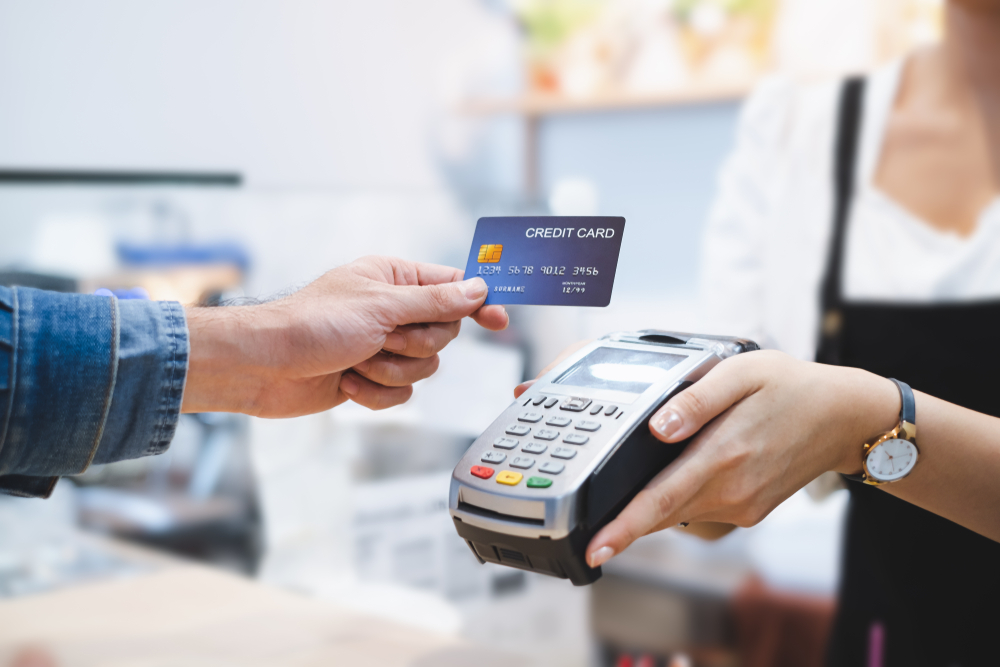
Carrying a balance on your credit card leads to finance charges, which can be quite high. These interest charges quietly eat into your budget by increasing the cost of your purchases. Over time, the interest can add up to a significant amount, making it harder to pay off your debt. Paying off your balance in full each month can help you avoid these charges.
Sales Tax
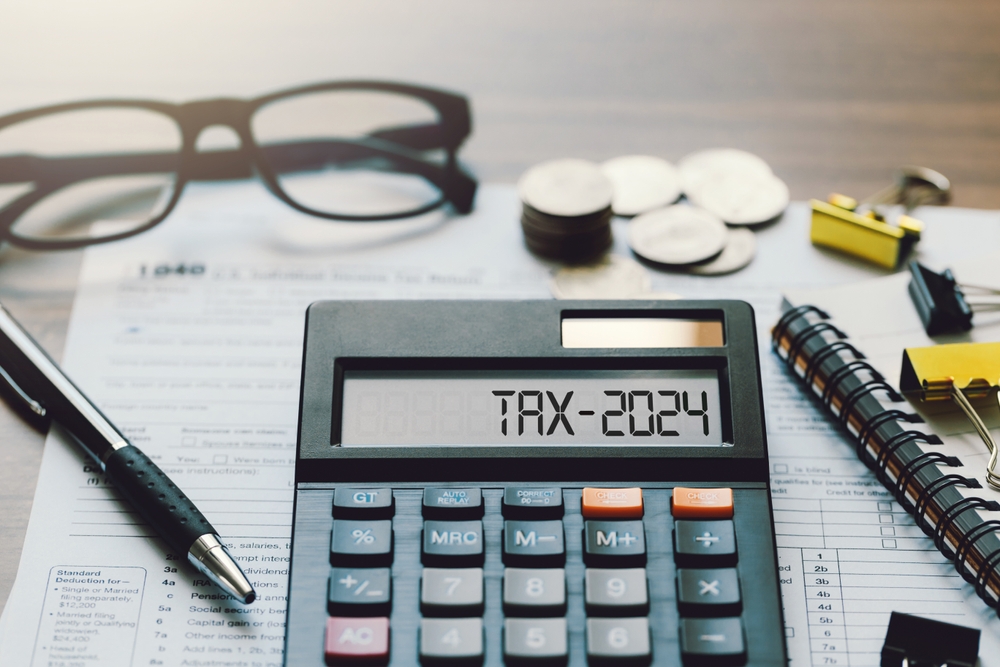
Sales tax is an inevitable expense, but it can add up, especially if you’re not mindful of your spending. Every purchase you make is subject to sales tax, which quietly increases the total cost of your items. This can be particularly noticeable with larger purchases. Being aware of sales tax and considering it in your budget can help manage its impact.
Vampire Appliances
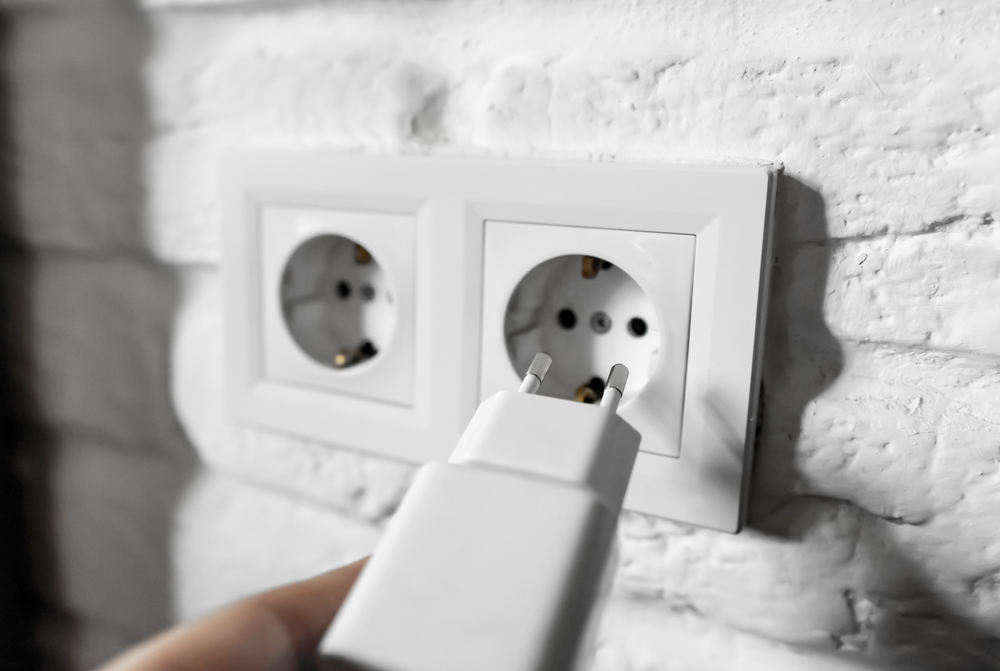
Appliances and electronics that are plugged in but not in use can still consume energy, known as vampire power. This can lead to higher electricity bills without you realizing it. These silent energy consumers quietly add to your utility costs over time. Unplugging devices when not in use can help reduce this unnecessary expense.
Ticket Service Charges

When purchasing tickets for events, the additional service charges can significantly increase the total cost. These fees are often not prominently displayed and can come as a surprise at checkout. They quietly eat into your budget by making your purchases more expensive than anticipated. Being aware of these charges and looking for ways to avoid them can save money.
Gratuity

Tips for services such as dining out, delivery, or salon visits can add up over time. While tipping is a standard practice, it’s easy to overlook how these small amounts accumulate. Consistently high tipping can quietly inflate your expenses. Being mindful of your tipping habits and budgeting for gratuity can help manage this cost.
Credit Card Transaction Fees

Some credit cards charge transaction fees, especially for foreign purchases. These fees can be a hidden cost that quietly increases your expenses. Over time, these small charges can add up, making your credit card usage more expensive. Choosing a credit card with no transaction fees can help you save money.
Impulse Purchases

Buying items on a whim can significantly impact your budget. These unplanned purchases often seem harmless but can add up quickly, leading to overspending. Impulse buying quietly eats into your budget by diverting funds from necessary expenses. Creating and sticking to a shopping list can help curb this habit.
Fuel Surcharges

Fuel surcharges, often added to the cost of deliveries or transportation services, can quietly increase your expenses. These charges are typically small but frequent, adding up over time. They quietly erode your budget by making everyday services more expensive. Being aware of and minimizing services with fuel surcharges can help manage this cost.
Utilities and Lost Energy

Wasting energy through inefficient appliances, poor insulation, or leaving devices on can lead to higher utility bills. These costs quietly eat into your budget because they often go unnoticed until the bill arrives. Investing in energy-efficient solutions and being mindful of energy usage can help reduce these expenses.
Buying the ‘Latest and Greatest’ of Anything

Constantly upgrading to the latest gadgets or fashion trends can silently drain your budget. New models of electronics or fashion items often come with a hefty price tag, and the frequent purchases add up. This habit can lead to significant financial leakage as it promotes unnecessary spending. Over time, the money spent on staying up-to-date with trends could have been used more wisely.
Overdraft Fees
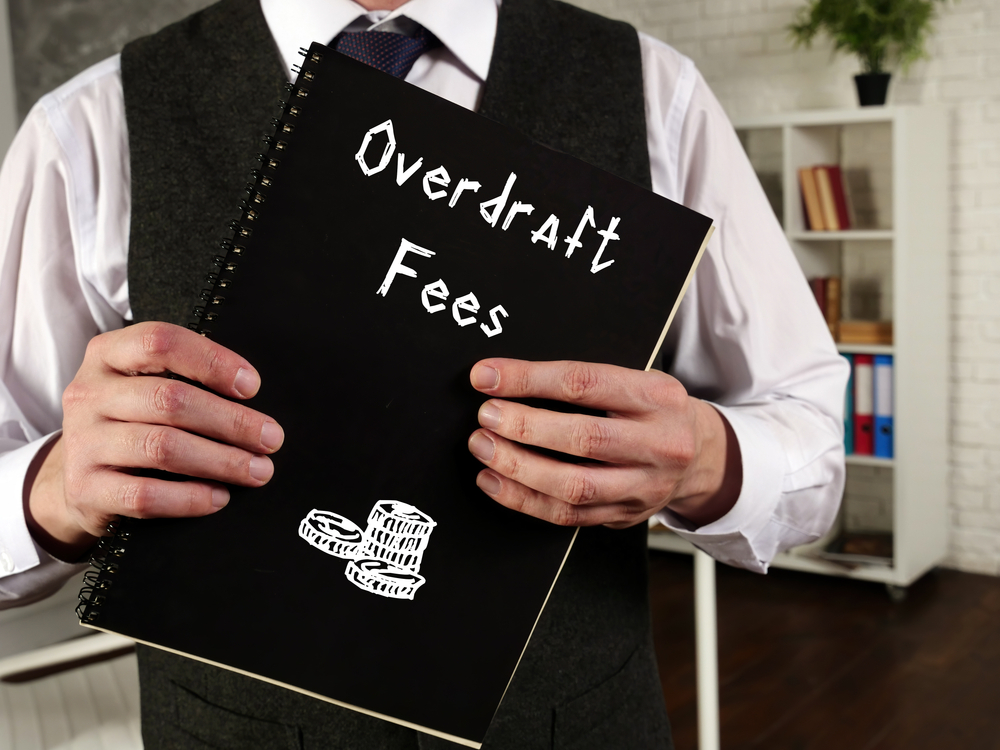
Overdraft fees are another sneaky expense that can hurt your budget. When you spend more than you have in your account, your bank charges an overdraft fee, which can be quite high. These fees quietly eat away at your budget because they are penalties for poor financial management and can recur if you’re not careful. Avoiding overdraft fees requires diligent tracking of your finances.
Dining Out Too Often

Eating out frequently is a common budget drainer. Restaurant meals are often significantly more expensive than home-cooked meals. This habit quietly eats away at your budget through frequent, high-cost dining experiences. Limiting dining out and cooking more meals at home can lead to substantial savings.
Restaurant Inflation Fees

Some restaurants add inflation fees to cover increased costs of ingredients and operations. These additional charges can quietly increase your dining expenses. While they may be small, they add up over multiple visits. Being aware of these fees and choosing restaurants without them can help manage dining costs.
Mobile Service From a Major Carrier

Paying for mobile service from a major carrier can be significantly more expensive than using a smaller or prepaid service provider. These higher costs can quietly eat into your budget without offering additional benefits. Switching to a more affordable carrier can result in significant savings on your monthly phone bill.
Resort Fees

Staying at a hotel or resort often comes with additional fees for amenities and services, known as resort fees. These charges can significantly increase the cost of your stay and are often not included in the initial price. They quietly eat into your vacation budget by adding unexpected expenses. Being aware of and planning for these fees can help manage travel costs.
Living the High Life with Your Friends

Frequent social outings with friends, such as dining out, bar hopping, or attending events, can quietly drain your budget. These activities often come with high costs, and the expenses add up quickly. While socializing is important, finding a balance and opting for more budget-friendly activities can help manage these costs.
This article originally appeared on RetailShout
More From RetailShout
The 13 Unhealthiest Costco Bakery Foods

Walking through the Costco bakery section can be both a delight and a challenge. The aroma of fresh-baked goods is irresistible, and the selection is vast. Read More.
23 Easy Lunch Ideas Perfect for Every Day

Looking for some quick and tasty lunch ideas that you can whip up every day? Whether you’re in a rush or just want something simple and delicious, I’ve got you covered with these easy lunch recipes. Read More.
Cardiologists Say These 16 Are The Worst Foods For Your Heart

We all want to keep our hearts healthy. But sometimes, our favorite foods might be doing more harm than good. Cardiologists have identified certain foods that are particularly bad for our hearts. Read More.




